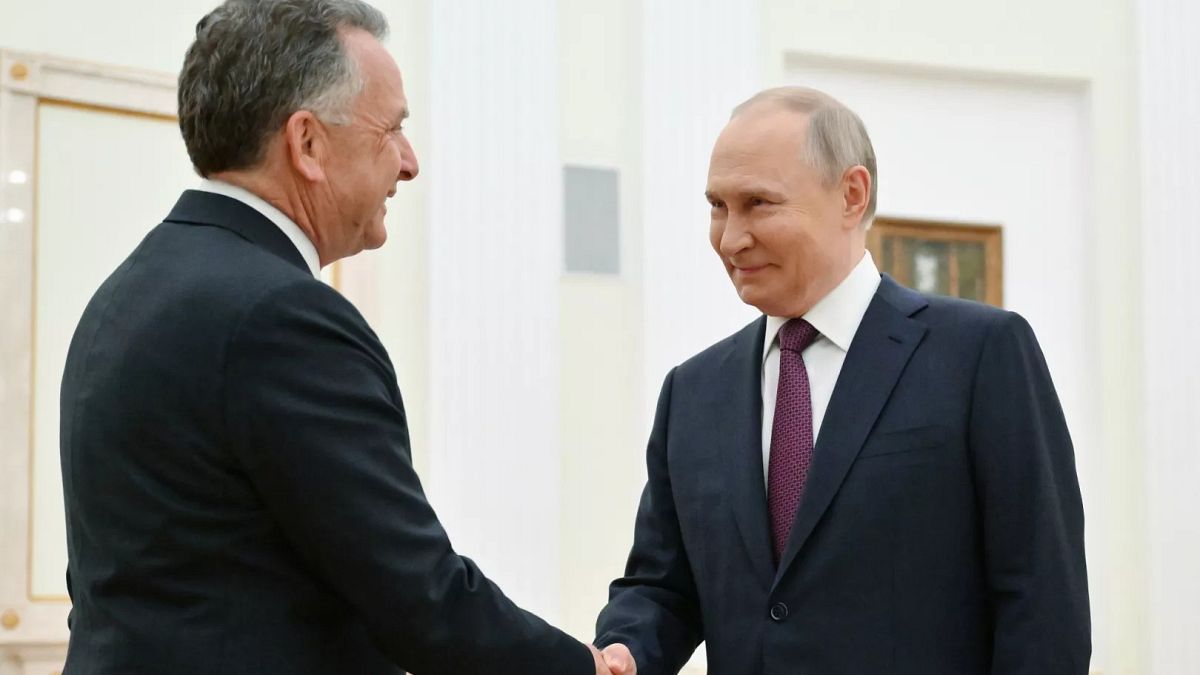

In a world where diplomacy and innovation intertwine to shape our future, two significant events recently captured international attention: a diplomatic mission to Moscow by a U.S. envoy and Albania’s pioneering vision of a cashless society.
In a step towards addressing longstanding geopolitical challenges, U.S. President’s special envoy for the Middle East and Russia, Steve Witkoff, is set to visit Moscow during a crucial period. This mission is strategically timed, occurring just two days before the looming deadline set by the U.S. president for the Kremlin to achieve a peace agreement with Ukraine or face the imposition of significant tariffs. This initiative reflects an ongoing effort to promote stability and renewed dialogue between the United States and Russia.
The upcoming discussions in Moscow are anticipated to focus on de-escalating tensions and seeking pathways to a peaceful resolution. At the heart of these deliberations is the U.S. administration’s intention to foster an environment where diplomatic engagement can lead to mutually beneficial outcomes and reinforce global peace. This visit comes amidst a backdrop of complex international relations, underscoring the importance of mindful negotiation and trust-building efforts.
Simultaneously, in the realm of innovative economic transformations, Albania embarks on an ambitious journey towards becoming the world’s first cashless society by the end of this decade. Spearheaded by the visionary leadership of Edi Rama, Albania faces the challenges of transitioning a cash-reliant population to a digital currency framework. This initiative signifies a forward-thinking approach with the potential to revolutionize how societies interact with currency.
However, the road to a cashless society in Albania is not without its challenges. One of the primary hurdles is addressing the deep-seated trust issues the local population harbors towards banking institutions. As Albania takes steady strides in building the infrastructure for a digital economy, fostering public confidence remains a pivotal component. Implementing educational campaigns and ensuring robust cybersecurity measures will be integral to the successful realization of this vision.
Albania’s determination to embrace digital currency aligns with global trends favoring technological integration into economic systems. This evolution reflects a broader understanding of the need to adapt to a rapidly changing financial landscape, characterized by the increasing relevance of digital transactions.
In both diplomatic and economic arenas, these developments highlight a commitment to innovation and dialogue. Whether through diplomatic missions aimed at resolving international conflicts or pioneering national policies aiming for financial modernization, these initiatives embody a positive outlook towards a future rooted in collaboration and progressive change. As these stories unfold, they serve as reminders of the interconnectedness of global efforts to forge paths forward and the transformative power of mindful innovation and effective communication.
Source: {link}
